Browse
By Author
-
 Published June 2000
Published June 2000 Placing London
From Imperial Capital to Global City
Eade, J.
Subjects: Urban Studies Anthropology (General)
Hb
Paperback available -
eBook available
 Published June 2021
Published June 2021 Rethinking Atlantic Empire
Christopher Schmidt-Nowara’s Histories of Nineteenth-Century Spain and the Antilles
Eastman, S. & Jacobsen, S. (eds)
In recent years, the historiography of nineteenth-century Spain has been invigorated by interdisciplinary engagement with scholars working on topics such as empire, slavery, and race, exemplified by the work of Christopher Schmidt-Nowara. Rethinking Atlantic Empire places Schmidt-Nowara’s work within the context of the broader field, reflecting on his contributions and charting potential new directions in research.
Subjects: History: 18th/19th Century Colonial History
Hb -
eBook available
 Published March 2020
Published March 2020 Postwar Soldiers
Historical Controversies and West German Democratization, 1945–1955
Echternkamp, J.
In Postwar Soldiers, Jörg Echternkamp analyzes three themes in the early history of West Germany: interpretations of the war during its conclusion and the occupation period; military veteran communities’ self-perceptions; and the public rehabilitation of the image of the German soldier.
Subjects: History: 20th Century to Present Sociology
Hb -
eBook available
 Published January 2019
Published January 2019 Views of Violence
Representing the Second World War in German and European Museums and Memorials
Echternkamp, J. & Jaeger, S. (eds)
The modern vision of historical violence has been immeasurably influenced by cultural representations of the Second World War. This volume takes a historical perspective on World War II museums and explores how these institutions came to define the broader European, and even global, political contexts and cultures of public memory.
Subjects: Museum Studies History: World War II Memory Studies
Hb
Paperback available -
eBook available
 Published December 2010
Published December 2010 Experience and Memory
The Second World War in Europe
Echternkamp, J. & Martens, S. (eds)
Subjects: History: World War II Memory Studies
Hb
Paperback available -
eBook available
 Published September 2021
Published September 2021 Cattle Poetics
How Aesthetics Shapes Politics in Mursiland, Ethiopia
Eczet, J.-B.
Loving cows, then killing them. The relation with cattle in Mursi country is shaped by the dichotomy between the value given to it during life and the death imposed upon it. This book investigates the link between the nurturing and killing of cattle, and its accompanying aesthetics, with Mursi society itself.
Subjects: Anthropology (General) Cultural Studies (General) Development Studies
Hb -
eBook available
 Published May 2011
Published May 2011 The Dream in Islam
From Qur'anic Tradition to Jihadist Inspiration
Edgar, I. R.
Subjects: Anthropology (General) Anthropology of Religion
Hb
Paperback available -
eBook available
 Published January 2019
Published January 2019 The Changing Meanings of the Welfare State
Histories of a Key Concept in the Nordic Countries
Edling, N. (ed)
The Nordic concept of “the welfare state” is a well-worn analytical idea that has yet to receive much exploration beyond its postwar emergence. This volume chronicles “the welfare state” from its historical origins to its interpretations, values, and challenges over time in Denmark, Finland, Sweden, Norway, and Iceland.
Subjects: History: 20th Century to Present Sociology Political and Economic Anthropology
Hb
Paperback available -
eBook available
 Published September 2023
Published September 2023 Urban Natures
Living the More-than-Human City
Edwards, F., PEttersen, I. N. & Popartan, L. (eds)
Urban Natures explores the diversity, abundance, and impact of the conventional and future framings of urban natures. Recognizing a green resurgence in cities is underway, this volume applies a critical approach to examine urban greening histories, politics, discourses and ecologies
Subjects: Environmental Studies (General) Anthropology (General) Sustainable Development Goals
Hb -
eBook available
 Published March 2009
Published March 2009 European Kinship in the Age of Biotechnology
Edwards, J. & Salazar, C. (eds)
Subject: Medical Anthropology
Hb
Paperback available -
 Published June 2010
Published June 2010 Technologized Images, Technologized Bodies
Edwards, J., Harvey, P. & Wade, P. (eds)
Subject: Medical Anthropology
Hb -
 Published August 2009
Published August 2009 Supervision and Authority in Industry
Western European Experiences, 1830-1939
Eeckhout, P. Van den (ed)
Subjects: History (General) History: 18th/19th Century History: 20th Century to Present
Hb -
eBook available
 Published February 2021
Published February 2021 Four-Color Communism
Comic Books and Contested Power in the German Democratic Republic
Eedy, S.
As with all other forms of popular culture, comics in East Germany were tightly controlled by the state. Comics were employed as extensions of the regime’s educational system, delivering state ideology to develop the socialist personality among youth. The East German children who avidly read these comics, however, found their own meanings and projected their own desires in them.
Subjects: History: 20th Century to Present Media Studies
Hb
Paperback available -
eBook available
 Forthcoming February 2026
Forthcoming February 2026 Remembering Resistance
A Jewish Memoir from Nazi-Occupied Budapest, 1944-45
Eger, A., Frojimovics, K. & Kovács , É. (Eds.)
An illuminating chronicle of the life and work of Jewish couple, László and Eugenia Szamosi, liberating oppressed Jews in Nazi-occupied Budapest, Remembering Resistance offers an unrivalled insight into a family’s personal history of resistance and provides a paradigm for mediating our methods of remembrance.
Subjects: Jewish Studies Genocide History History: World War II
-
eBook available
 Published October 2025
Published October 2025 Neubau Atmospheres
East German Cultural Remediations of Modernist Architecture
Ehrig, S.
An incisive analysis of East German cinematic, literary, and architectural case studies from the 1960s to the 1980s, Neubau Atmospheres examines the creative role the urban, built environment played in mediating the emotional and social experience of its residents, highlighting how this engagement constituted a cultural genre in its own right.
Subjects: Film and Television Studies Literary Studies History: 20th Century to Present
Hb -
 Published August 2023
Published August 2023 Entertaining German Culture
Contemporary Transnational Television and Film
Ehrig, S., Schaper, B. & Ward, E. (eds)
In an increasingly transnational production of film and television, Entertaining German Culture explores and contextually thematizes a radical shift in the past fifteen years towards a profound appreciation of German cultural and intellectual history in the international mainstream.
Subjects: Film and Television Studies Media Studies History (General)
Paperback available -
 Published January 2001
Published January 2001 Ethnic Conflict and Indoctrination
Altruism and Identity in Evolutionary Perspectives
Eibl-Eibesfeldt, I. & Salter, F. (eds)
Subject: History: 20th Century to Present
Pb -
 Published October 1998
Published October 1998 Indoctrinability, Ideology and Warfare
Evolutionary Perspectives
Eibl-Eibesfeldt, I. & Salter, F.K. (eds)
Subject: History: 20th Century to Present
Hb -
eBook available
 Published June 2011
Published June 2011 Growing Up in Central Australia
New Anthropological Studies of Aboriginal Childhood and Adolescence
Eickelkamp, U. (ed)
This volume presents recent and original studies of life experiences outside the institutional settings of childcare and education, of those growing up in contemporary Central Australia or with strong links to the region.
Subject: Anthropology (General)
Hb
Paperback available -
eBook available
 Published December 2013
Published December 2013 The Rise of Market Society in England, 1066-1800
Eisenberg, C.
Subjects: History (General) History: Medieval/Early Modern History: 18th/19th Century
Hb
Paperback available -
 Published February 2022
Published February 2022 Times of History, Times of Nature
Temporalization and the Limits of Modern Knowledge
Ekstrom, A. & Bergwik, S. (eds)
Times of History, Times of Nature engages with this historical shift in temporal sensibilities through a combination of detailed case studies and synthesizing efforts. Focusing on the history of knowledge, media theory, and environmental humanities, this volume explores the rich and nuanced notions of time and temporality that have emerged in response to climate change.
Subjects: History (General) Environmental Studies (General) Media Studies
Paperback available -
 Published December 2002
Published December 2002 Defiance and Compliance
Negotiating Gender in Low-Income Cairo
El-Kholy, H.A.
Subjects: Gender Studies and Sexuality Anthropology (General)
Hb
Paperback available -
eBook available
 Published June 2022
Published June 2022 Migration and Health
Challenging the Borders of Belonging, Care, and Policy
El-Shaarawi, N. & Larchanché, S. (eds)
Despite the centrality of migration in our contemporary world, scholarship on mobility and health frequently separates migrants according to legal status, country of origin, destination, or health concern. Yet people on the move and health systems face challenges and opportunities that transcend these boundaries, including border fortification, neoliberal agendas, and climate change. This volume challenges these epistemic borders.
Subjects: Medical Anthropology Refugee and Migration Studies Sociology Sustainable Development Goals
Hb -
eBook available
 Published May 2003
Published May 2003 Wilhelminism and Its Legacies
German Modernities, Imperialism, and the Meanings of Reform, 1890-1930
Eley, G. & Retallack, J. (eds)
Subject: History: 18th/19th Century
Hb
Paperback available -
 Published July 2000
Published July 2000 The Silk Roads
Highways of Culture and Commerce
Elisseeff, V.
Subject: History (General)
Hb
Paperback available -
eBook available
 Published May 2016
Published May 2016 Being and Becoming
Embodiment and Experience among the Orang Rimba of Sumatra
Elkholy, R.
In a unique methodological contribution, Ramsey Elkholy adopts a set of body-centered approaches that reflect and capture the day-to-day, moment-to-moment ways in which the hunters and gatherers of Orang Rimba, Sumatra, engage with the world.
Subjects: Anthropology (General) Theory and Methodology
Hb -
 Published December 2005
Published December 2005 The Categorical Impulse
Essays on the Anthropology of Classifying Behavior
Ellen, R.
Subject: Theory and Methodology
Hb
Paperback available -
eBook available
 Published November 2020
Published November 2020 Nature Wars
Essays Around a Contested Concept
Ellen, R.
Made up of 10 of Roy Ellen’s finest articles along with a new introduction linking them together, this book looks back at his ideas about nature before taking the arguments forward. Many of the chapters focus on research the author has conducted amongst the Nuaulu people of eastern Indonesia.
Subjects: Environmental Studies (General) Anthropology (General)
Hb
Paperback available -
eBook available
 Published July 2007
Published July 2007 Modern Crises and Traditional Strategies
Local Ecological Knowledge in Island Southeast Asia
Ellen, R. (ed)
Subjects: Environmental Studies (General) Development Studies Anthropology (General) Sustainable Development Goals
Hb
Paperback available -
eBook available
 Published August 2013
Published August 2013 Understanding Cultural Transmission in Anthropology
A Critical Synthesis
Ellen, R., Lycett, S. J., & Johns, S. E. (eds)
Subjects: Theory and Methodology Archaeology
Hb
Paperback available -
eBook available
 Published January 2024
Published January 2024 Melanesian Mainstream
Stringband Music and Identity in Vanuatu
Ellerich, S. T.
Based in extensive ethnographic research, Melanesian Mainstream provides a detailed representation of the roots, context, evolution, and impact of stringband music in the Melanesian Republic of Vanuatu.
Subjects: Cultural Studies (General) Anthropology (General) Performance Studies
Hb -
eBook available
 Published May 2017
Published May 2017 Methodologies of Mobility
Ethnography and Experiment
Elliot, A., Norum, R., & Salazar, N. B. (eds)
Research into mobility is an exciting challenge for the social sciences that raises novel socio-cultural, ethical, and methodological questions. Speaking beyond disciplinary boundaries to the challenges of engaging with a world on the move, Methodologies of Mobility traces innovative strategies for designing, applying and reflecting on methodologies of mobility.
Subjects: Anthropology (General) Mobility Studies Theory and Methodology
Hb
Paperback available -
 Published February 1996
Published February 1996 Sexual Politics and the European Union
The New Feminist Challenge
Elman, R. A.
Subjects: Gender Studies and Sexuality Political and Economic Anthropology
Hb
Paperback available -
 Published February 1996
Published February 1996 Sexual Subordination and State Intervention
Comparing Sweden and the United States
Elman, R. A.
Subjects: Gender Studies and Sexuality Cultural Studies (General)
Hb
Paperback available -
eBook available
 Published June 2013
Published June 2013 Framing Africa
Portrayals of a Continent in Contemporary Mainstream Cinema
Eltringham, N. (ed)
Subjects: Film and Television Studies Anthropology (General) History (General)
Hb -
eBook available
 Published February 2020
Published February 2020 A U-Turn to the Future
Sustainable Urban Mobility since 1850
Emanuel, M., Schipper. F., & Oldenziel, R. (eds)
Unsustainable practices since the Industrial Revolution still impact our everyday lives. This book looks at how we can achieve sustainable urban mobility now and in the future by tapping into our knowledge of the historical trajectories leading up to the features of modern mobility in cities today.
Subjects: Mobility Studies Transport Studies Urban Studies Sustainable Development Goals
Hb
Paperback available -
eBook available
 Published November 2012
Published November 2012 Beyond Habermas
Democracy, Knowledge, and the Public Sphere
Emden, C. J. & Midgely, D. (eds)
Subjects: Cultural Studies (General) History (General) Media Studies Literary Studies
Hb
Paperback available -
 Published July 2012
Published July 2012 Changing Perceptions of the Public Sphere
Emden, C. J. & Midgley, D. (eds)
Subjects: History: 20th Century to Present Cultural Studies (General) Political and Economic Anthropology
Hb -
 Published June 2019
Published June 2019 Market Frictions
Trade and Urbanization at the Vietnam-China Border
Endres, K. W.
Based on ethnographic research conducted during several years, Market Frictions examines the tensions and frictions that emerge from the interaction of global market forces, urban planning policies, and small-scale trading activities in the Vietnamese border city of Lào Cai.
Subjects: Political and Economic Anthropology Anthropology (General) Sociology
-
eBook available
 Published March 2012
Published March 2012 Engaging the Spirit World
Popular Beliefs and Practices in Modern Southeast Asia
Endres, K. W. & Lauser, A. (eds)
Subjects: Anthropology (General) Anthropology of Religion
Hb -
eBook available
 Published March 2007
Published March 2007 Exploring Gypsiness
Power, Exchange and Interdependence in a Transylvanian Village
Engebrigtsen, A.
Subject: Anthropology (General)
Hb
Paperback available -
eBook available
 Published August 2006
Published August 2006 The Limits of Meaning
Case Studies in the Anthropology of Christianity
Engelke, M. & Tomlinson, M. (eds)
Subjects: Anthropology of Religion Anthropology (General)
Hb
Paperback available -
eBook available
 Published July 2022
Published July 2022 Working With Diagrams
Engelmann, L., Humphrey, C. & Lynteris, C.
Arising from the need to go beyond the semiotic, cognitive, epistemic and symbolic reading of diagrams, this book looks at what diagrams are capable of in scholarly work. Rather than attempting to define what diagrams are, and what their dietic capacity might be, contributions to this volume draw together the work diagrams do in the development of theories.
Subject: Theory and Methodology
Hb
Paperback available -
eBook available
 Published October 2022
Published October 2022 Pacific Spaces
Translations and Transmutations
Engels-Schwarzpaul, A.-C., Lopesi, L., & Refiti, A. L. (eds)
Delving into Pacific spaces from a variety of disciplinary perspectives and interpretations, this book looks at how the anthropological and architectural can be connected.
Subjects: Anthropology (General) Cultural Studies (General) Development Studies
Hb -
eBook available
 Published March 2011
Published March 2011 Collective Terms
Race, Culture, and Community in a State-Planned City in France
Epstein, B. S.
Subjects: Urban Studies Anthropology (General)
Hb -
eBook available
 Published December 2015
Published December 2015 Russian Postmodernism
New Perspectives on Post-Soviet Culture
Epstein, M., Genis, A. A., & Vladiv-Glover-, S. M.
The end of the Cold War has enabled Russia to take part in the global rise and crystallization of postmodernism. This volume investigates the manifestations of this crucial trend in Russian fiction, poetry, art, and spirituality, demonstrating how Russian postmodernism is its own unique entity.
Subjects: Cultural Studies (General) Literary Studies
Pb -
eBook available
 Published November 2017
Published November 2017 Peaceful Selves
Personhood, Nationhood, and the Post-Conflict Moment in Rwanda
Eramian, L.
Twenty years after the 1994 genocide, Rwandans are still troubled by what made the violence possible and how they can know it will not recur. This study uncovers how Rwandan visions of peace and modern nationhood concern not only political reform or economic development, but also transformations in the self.
Subjects: Anthropology (General) Peace and Conflict Studies
Hb
Paperback available -
eBook available
 Published February 2019
Published February 2019 Public Engagement and Education
Developing and Fostering Stewardship for an Archaeological Future
Erdman, K. M. (ed)
Public Engagement and Education shares effective approaches for engaging and educating learners of all ages about archaeology and how one can encourage them to become stewards of the past. Offered are applied examples that are not bound to specific geographies or cultures, but rather, are approaches that can be implemented almost anywhere.
Subjects: Archaeology Educational Studies
Hb
Paperback available -
 Published June 2005
Published June 2005 Toward a Global Community of Historians
The International Historical Congresses and the International Committee of Historical Sciences, 1898-2000
Erdmann, K.
Subject: History (General)
Hb -
eBook available
 Published August 2022
Published August 2022 Defining and Measuring Diversity in Archaeology
Another Step Toward an Evolutionary Synthesis of Culture
Eren, M. I. & Buchanan, B. (eds)
Calculating the diversity of biological or cultural classes is a fundamental way of describing, analyzing, and understanding the world around us. Featuring studies of archaeological diversity ranging from the data-driven to the theoretical, from the Paleolithic to the Historic periods, authors illustrate the range of data sets to which diversity measures can be applied, as well as offer new methods to examine archaeological diversity.
Subjects: Archaeology Anthropology (General) Theory and Methodology
Hb -
eBook available
 Published May 2014
Published May 2014 From Antiquities to Heritage
Transformations of Cultural Memory
Eriksen, A.
What does it mean when runic stones or medieval churches are transformed from antiquities to monuments to heritage sites? This book argues that the transformations concern more than words alone: They reflect fundamental changes in the way we experience the past, and the way historical objects are assigned meaning and value in the present.
Subjects: Museum Studies Memory Studies Heritage Studies
Hb
Paperback available -
 Published February 2019
Published February 2019 Going to Pentecost
An Experimental Approach to Studies in Pentecostalism
Eriksen, A. Blanes, R. L., MacCarthy, M.
Co-authored by three anthropologists with long–term expertise studying Pentecostalism in Africa and Melanesia, and in recognition of the increasingly non-territorial nature of religion in the contemporary world, Going to Pentecost offers an experimental approach to the study of global religious movements, and Pentecostalism in particular.
Subjects: Anthropology (General) Anthropology of Religion
Paperback available -
eBook available
 Published August 2022
Published August 2022 New Perspectives on Moral Change
Anthropologists and Philosophers Engage with Transformations of Life Worlds
Eriksen, C. & Hämäläinen, N. (eds)
The world we live in is constantly changing. Climate change, transforming gender conceptions, emerging issues of food consumption, novel forms of family life and technological developments are altering central areas of our forms of life. This raises questions of how to cope with and understand the moral changes implicit in such alterations. This anthology is the first to address moral change as such.
Subjects: Anthropology (General) Anthropology of Religion
Hb -
eBook available
 Published October 2014
Published October 2014 Anthropology Now and Next
Essays in Honor of Ulf Hannerz
Eriksen, T. H., Garsten, C. & Randeria, S. (eds)
The scholarship of Ulf Hannerz is characterized by extraordinary breadth and visionary nature. Contributions honor Hannerz’ legacy by addressing theoretical, epistemological, ethical and methodological challenges facing anthropological inquiry. The book showcases anthropology, a discipline devoted to the study of localized phenomena, in a world of global connectedness and accelerated change.
Subjects: Anthropology (General) Theory and Methodology Cultural Studies (General)
Hb -
 Published December 2006
Published December 2006 Nursing Stories
Life and Death in a German Hospice
Eschenbruch, N.
Subjects: Anthropology (General) Medical Anthropology
Hb -
eBook available
 Published October 2017
Published October 2017 Silenced Communities
Legacies of Militarization and Militarism in a Rural Guatemalan Town
Esparza, M.
Silenced Communities offers an ethnographic account of the failed demilitarization of the rural militia in the town of Santo Tomás Chichicastenango following the Guatemalan Civil War. Author Marcia Esparza explores how legacies of grassroots militarization affect indigenous communities exploited by the internal colonialism prevalent in Latin American societies.
Subjects: Peace and Conflict Studies History: 20th Century to Present
Hb -
eBook available
 Published May 2021
Published May 2021 Mattering the Invisible
Technologies, Bodies, and the Realm of the Spectral
Espírito Santo, D. & Hunter, J. (eds)
Exploring how technological apparatuses “capture” invisible worlds, this book looks at how spirits, UFOs, discarnate entities, spectral energies, atmospheric forces and particles are mattered into existence by human minds. The book uses contemporary case studies where the realm of the invisible arises through technological engagement, and where the paranormal intertwines with modern technology.
Subjects: Anthropology (General) Media Studies
Hb -
eBook available
 Published June 2004
Published June 2004 Refugees and the Transformation of Societies
Agency, Policies, Ethics and Politics
Essed, P., Frerks, G. & Schrijvers, J. (eds)
Subjects: Refugee and Migration Studies Development Studies Peace and Conflict Studies
Hb
Paperback available -
eBook available
 Published April 2018
Published April 2018 Experimental Collaborations
Ethnography through Fieldwork Devices
Estalella, A. & Sánchez Criado, T. (eds)
Grounded in a series of diverse ethnographic projects in Africa, America and Europe, Experimental Collaborations attempts to expand our ethnographic repertoire of fieldwork devices. The titular concept signals a descriptive account of certain forms of ethnographic engagement, and a research and pedagogic program to intervene in current forms of ethnographic practice and learning.
Subjects: Anthropology (General) Theory and Methodology
Hb
Paperback available -
 Published July 2007
Published July 2007 Possessing the World
Taking the Measurements of Colonisation from the 18th to the 20th Century
Etemad, B.
Subjects: Colonial History History: Medieval/Early Modern Refugee and Migration Studies
Hb -
eBook available
 Published May 2023
Published May 2023 Gender in Germany and Beyond
Exploring the Legacy of Jean Quataert
Evans, J. V. & Rose, S. E. (eds)
Jean Quataert’s former students, colleagues, and collaborators come together in Gender in Germany and Beyond to not only celebrate Quataert’s shaping of the field of modern German, Women’s and transnational history, but also to expand on that scholarship, setting a precedent for the future of the field.
Subjects: History (General) Gender Studies and Sexuality
Hb
Paperback available -
eBook available
 Published January 2018
Published January 2018 The Ethics of Seeing
Photography and Twentieth-Century German History
Evans, J., Betts P., & Hoffmann, S.-L. (eds)
The Ethics of Seeing brings together an international group of scholars to explore the complex relationship between the visual and the historic in German history. These revealing case studies illustrate photography’s multilayered role as a new form of representation, a means to subjective experience, and a fresh mode of narrating the past.
Subjects: History: 20th Century to Present Media Studies
Hb
Paperback available -
 Published May 1996
Published May 1996 Conservative Radicalism
A Sociology of Conservative Party Youth Structures and Libertarianism 1970-1992
Evans, T.
Subject: History: 20th Century to Present
Hb -
 Published June 2002
Published June 2002 Europe's New Racism
Causes, Manifestations, and Solutions
Evens Foundation
Subjects: Peace and Conflict Studies Sociology Urban Studies
Hb
Paperback available -
eBook available
 Published May 2008
Published May 2008 Anthropology as Ethics
Nondualism and the Conduct of Sacrifice
Evens, T. M. S.
Subject: Theory and Methodology
Hb
Paperback available -
 Published September 2006
Published September 2006 The Manchester School
Practice and Ethnographic Praxis in Anthropology
Evens, T. M. S. & Handelman, D. (eds)
Subject: Theory and Methodology
Pb -
eBook available
 Published March 2016
Published March 2016 Reflecting on Reflexivity
The Human Condition as an Ontological Surprise
Evens, T. M. S., Handelman, D. & Roberts, C. (eds)
Reflexivity is fundamental to human social life. This volume analyzes reflexivity on two analytical planes. On one is the role reflexivity plays in human life and the study of it. The other plane is anthropo-philosophical, which maintains that reflexivity definitively distinguishes the being and becoming of the human.
Subject: Theory and Methodology
Hb
Paperback available -
 Forthcoming April 2026
Forthcoming April 2026 The Jewish Maghreb
North African Experiences in Greater Paris since 1981
Everett, S.
From commercial networks in Paris to Algerian pilgrimage journeys, The Jewish Maghreb reveals communal North African Jewish navigation of plural sediments of self and history. The heuristic ‘maghrebinicité,’ works to illuminate ongoing negotiations of memory, citizenship, and cultural transmission in postcolonial France, offering fresh insights into diaspora, return, and the persistence of transnational connections.
Subjects: Political and Economic Anthropology Jewish Studies Urban Studies
-
 Published April 2004
Published April 2004 Cultures of Exile
Images of Displacement
Everett, W. & Wagstaff, P. (eds)
Subjects: Cultural Studies (General) Refugee and Migration Studies Film and Television Studies
Hb -
eBook available
 Published May 2022
Published May 2022 Bulldozer Capitalism
Accumulation, Ruination, and Dispossession in Northeastern Turkey
Evren, E.
Set in the resource frontier of northeastern Turkey, Bulldozer Capitalism studies the rise and decline of an anti-dam/anti-displacement campaign and the political responses to other extractive projects that it helped to shape in its aftermath.
Subjects: Political and Economic Anthropology Sociology Sustainable Development Goals
Hb -
eBook available
 Published July 2023
Published July 2023 Thinking Russia's History Environmentally
Evtuhov, C., Lajus, J., & Moon, D. (eds)
Thinking Russia’s History Environmentallybrings together an international set of scholars to showcase the contribution that the study of Russian environments makes to the global environmental field. It challenges the stereotypes of Russian history, highlighting lesser-known features of the nation’s environments…
Subjects: History (General) Environmental Studies (General)
Hb -
 Published December 1993
Published December 1993 Human Adaptation at Grasshopper Pueblo, Arizona
Social and Ecological Perspectives
Ezzo, J. A.
A detailed study of the bone chemistry of individuals buried at the 14th century Grasshopper Pueblo site is presented in this volume. This is a data-rich study which provides much information for social and economic reconstructions of prehistoric Pueblo adaptation to their environment.
Subject: Archaeology
Hb
Paperback available

 Published June 2000
Published June 2000 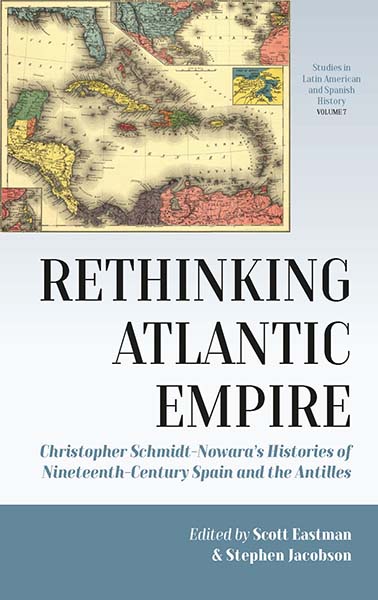 Published June 2021
Published June 2021 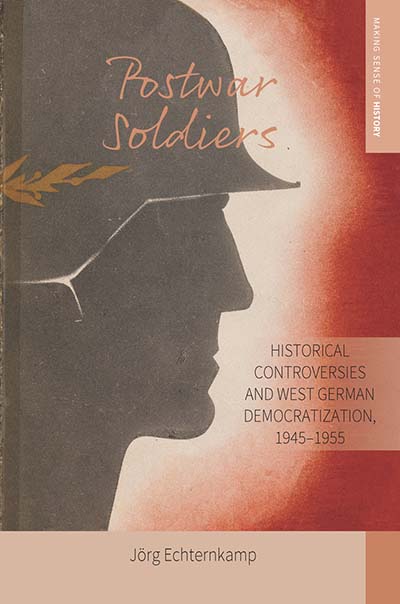 Published March 2020
Published March 2020 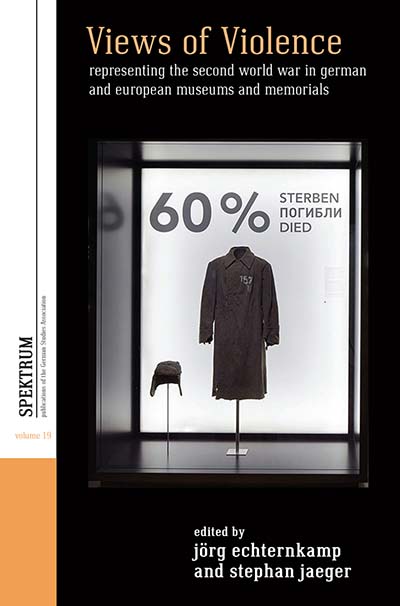 Published January 2019
Published January 2019  Published December 2010
Published December 2010 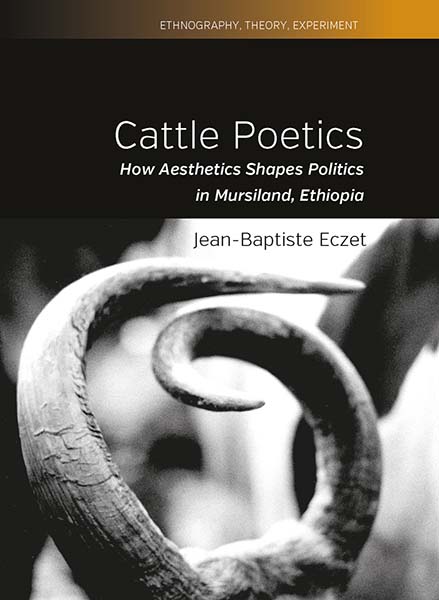 Published September 2021
Published September 2021 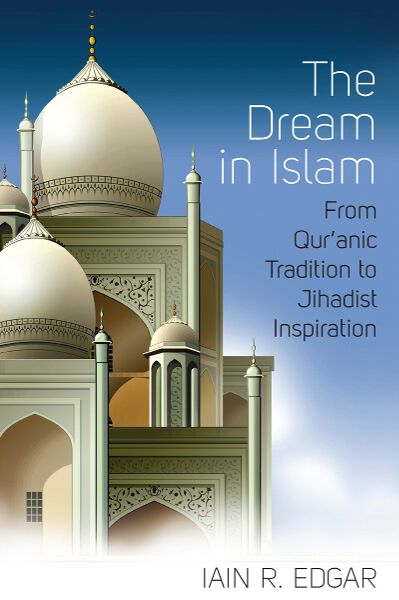 Published May 2011
Published May 2011 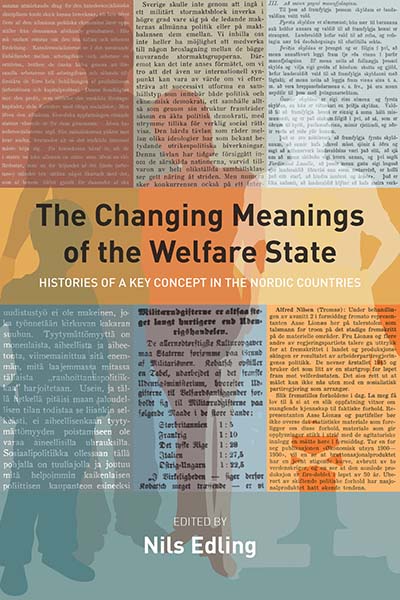 Published January 2019
Published January 2019 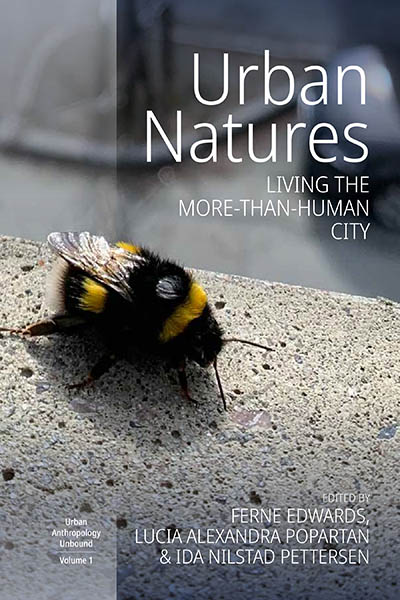 Published September 2023
Published September 2023 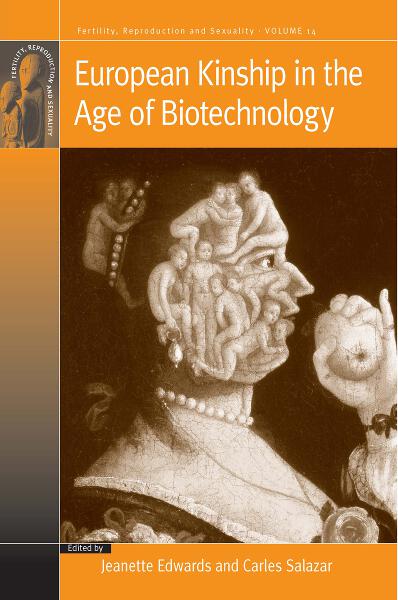 Published March 2009
Published March 2009 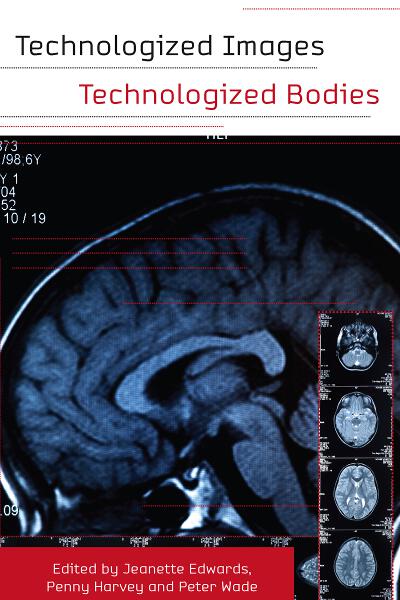 Published June 2010
Published June 2010 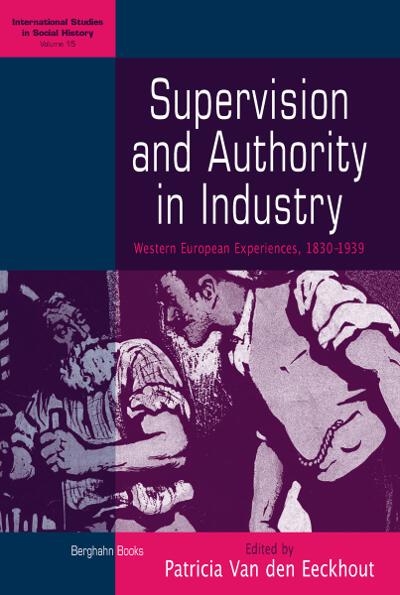 Published August 2009
Published August 2009 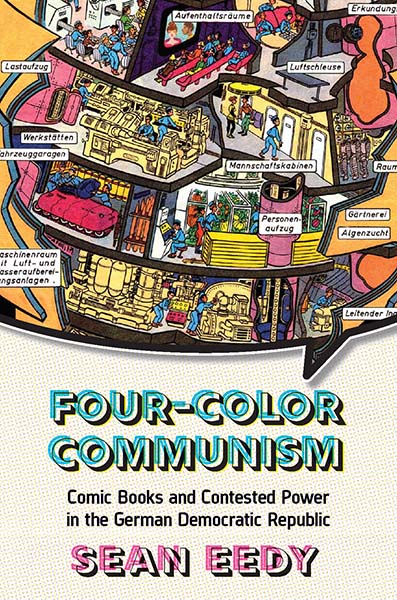 Published February 2021
Published February 2021  Forthcoming February 2026
Forthcoming February 2026  Published October 2025
Published October 2025 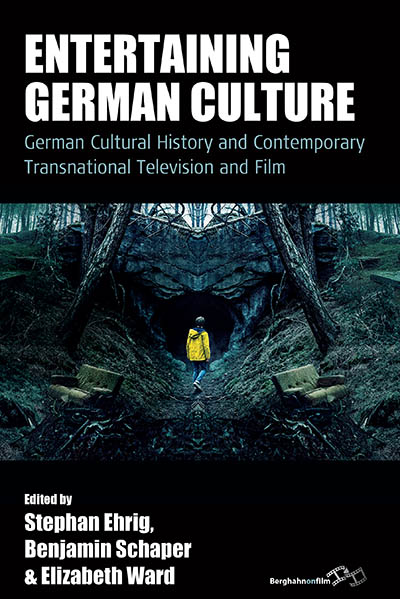 Published August 2023
Published August 2023 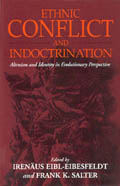 Published January 2001
Published January 2001 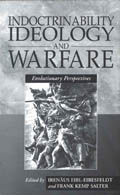 Published October 1998
Published October 1998 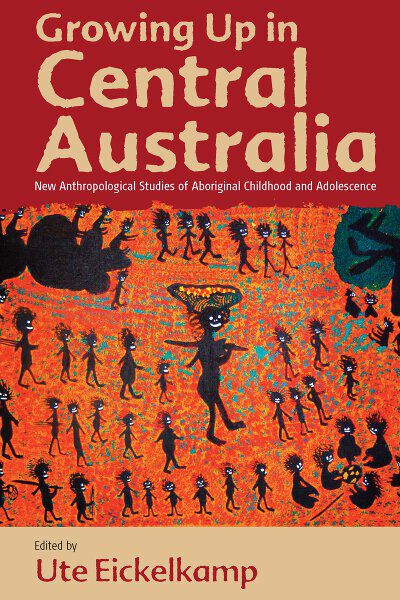 Published June 2011
Published June 2011  Published December 2013
Published December 2013 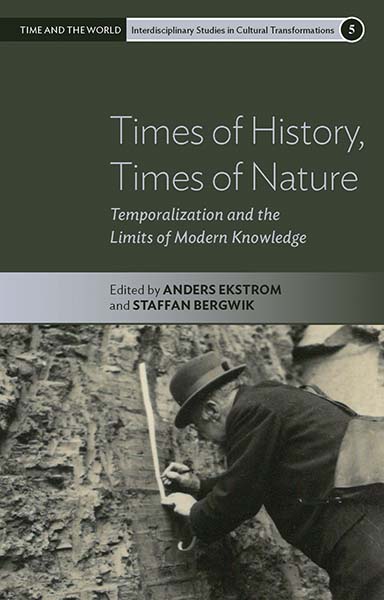 Published February 2022
Published February 2022 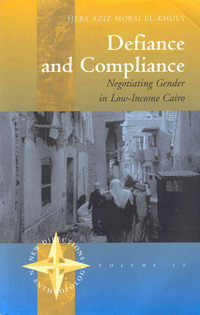 Published December 2002
Published December 2002 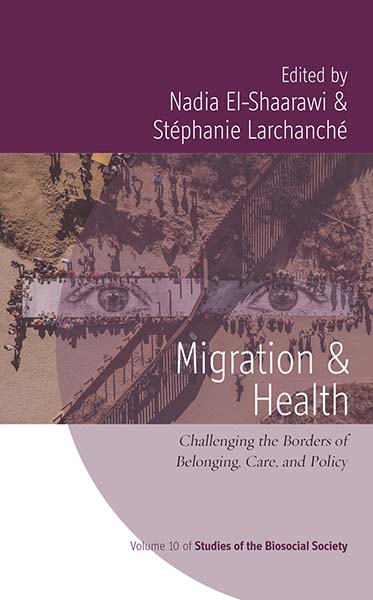 Published June 2022
Published June 2022 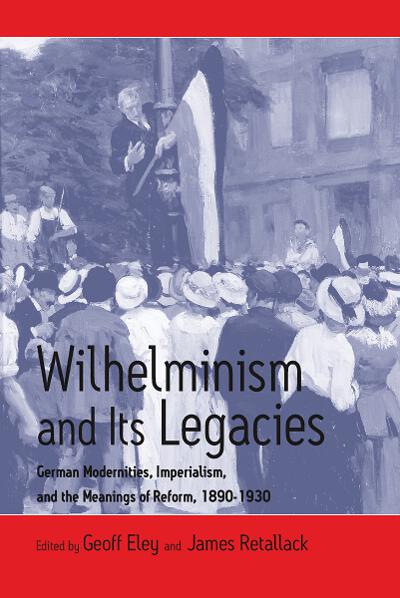 Published May 2003
Published May 2003 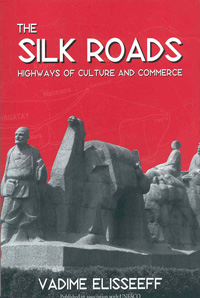 Published July 2000
Published July 2000 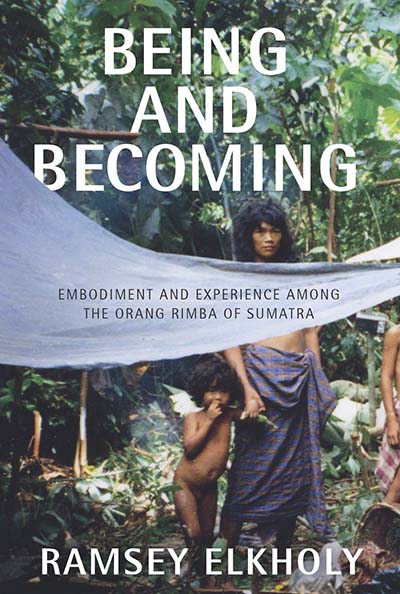 Published May 2016
Published May 2016 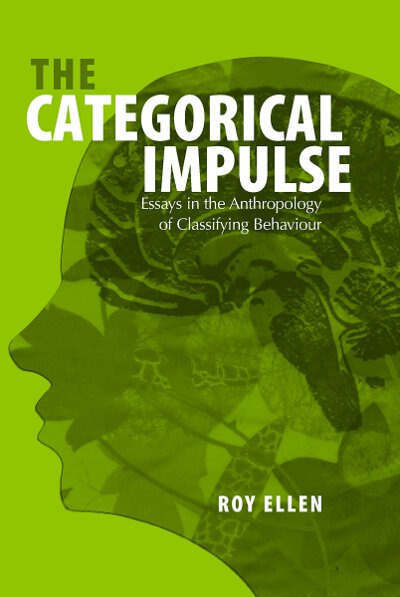 Published December 2005
Published December 2005 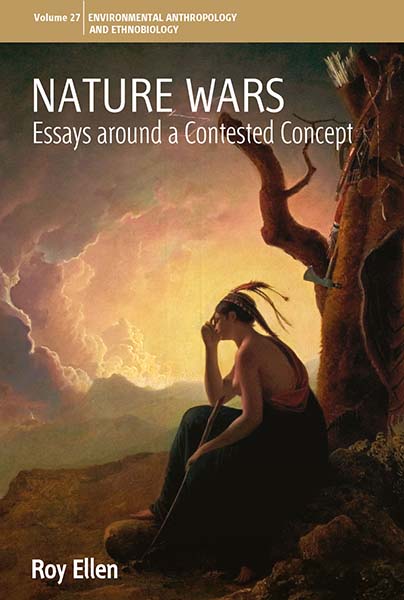 Published November 2020
Published November 2020 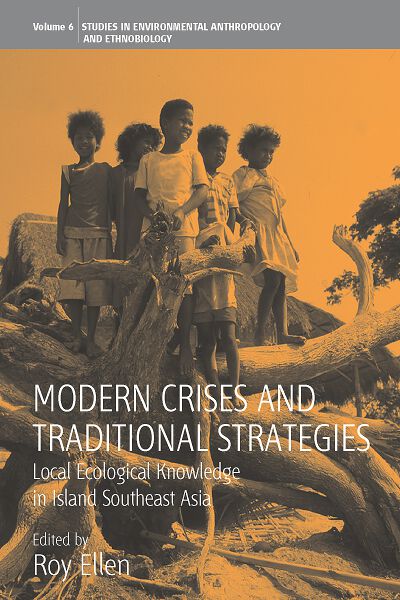 Published July 2007
Published July 2007 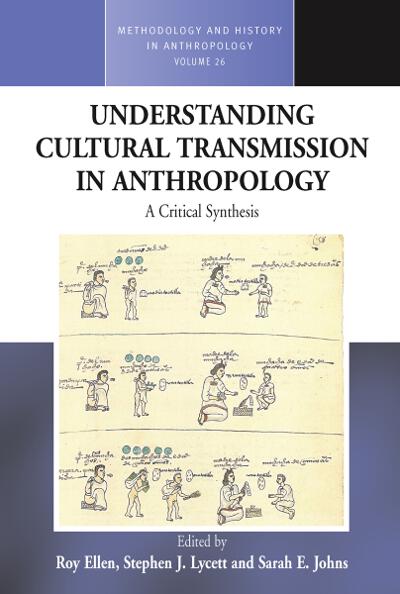 Published August 2013
Published August 2013 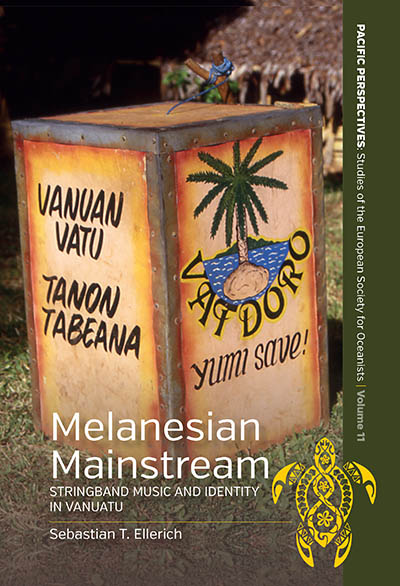 Published January 2024
Published January 2024 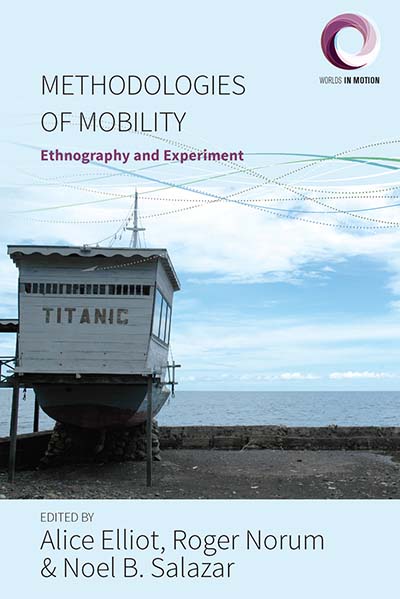 Published May 2017
Published May 2017 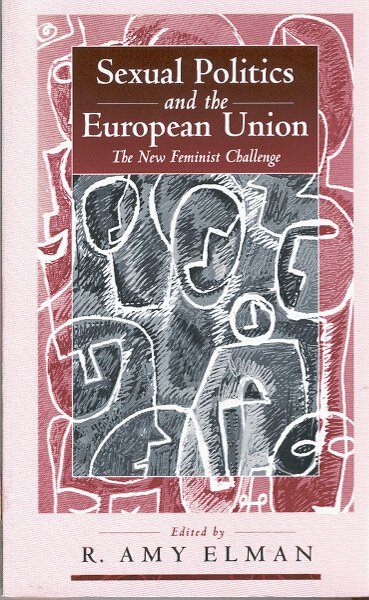 Published February 1996
Published February 1996 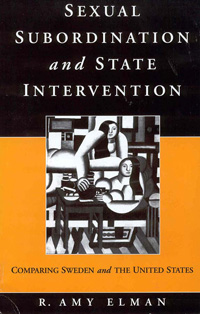 Published February 1996
Published February 1996 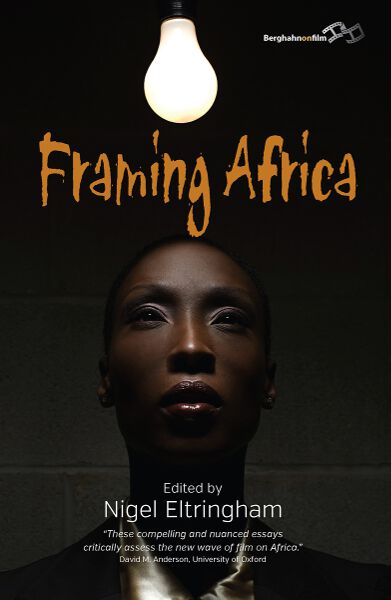 Published June 2013
Published June 2013 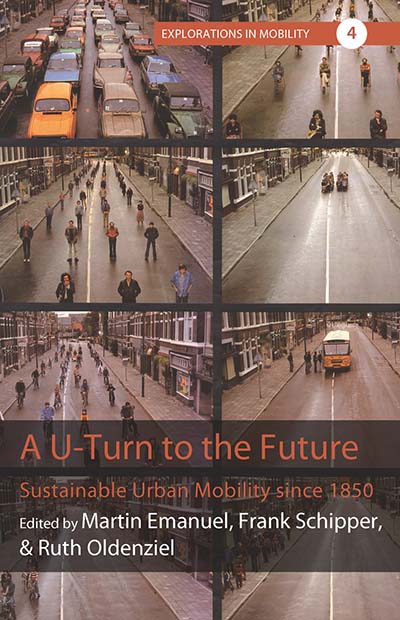 Published February 2020
Published February 2020 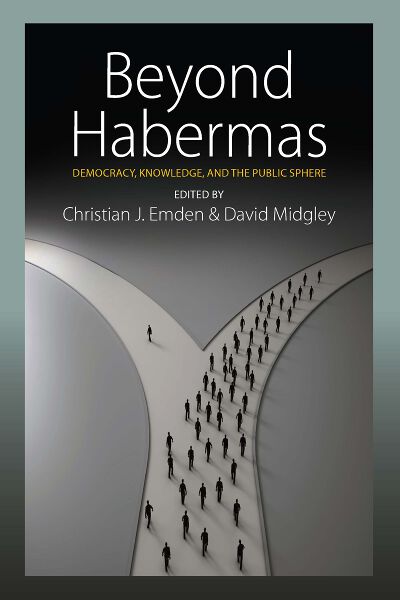 Published November 2012
Published November 2012 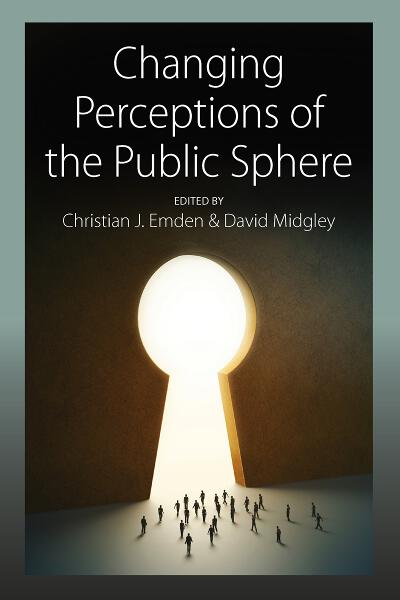 Published July 2012
Published July 2012 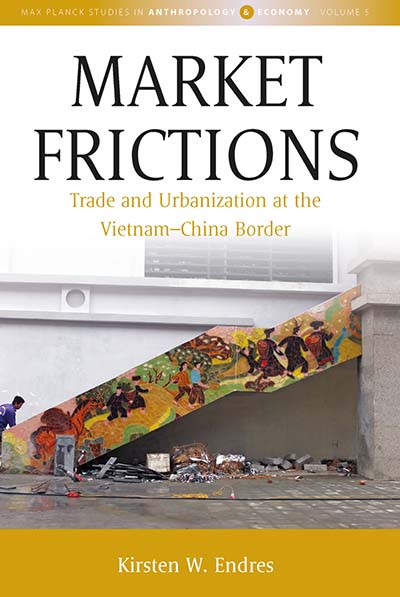 Published June 2019
Published June 2019 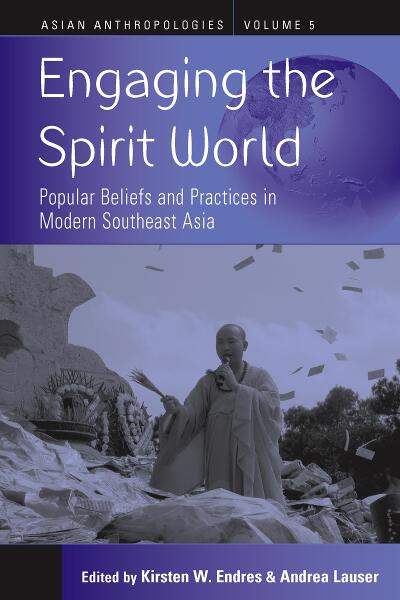 Published March 2012
Published March 2012 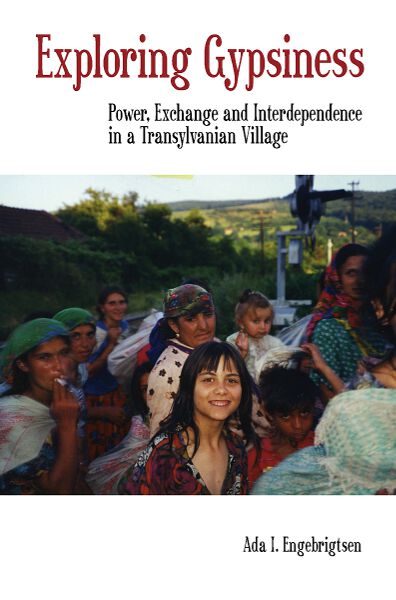 Published March 2007
Published March 2007 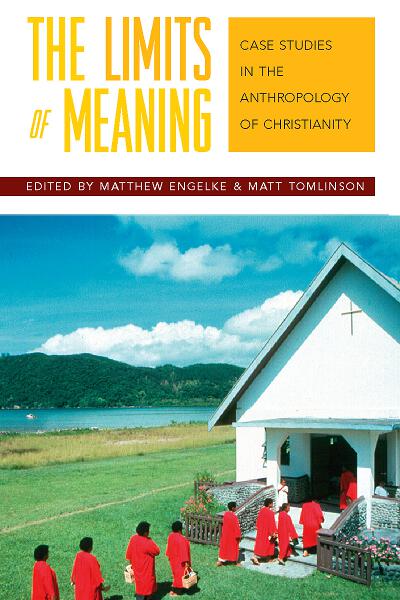 Published August 2006
Published August 2006 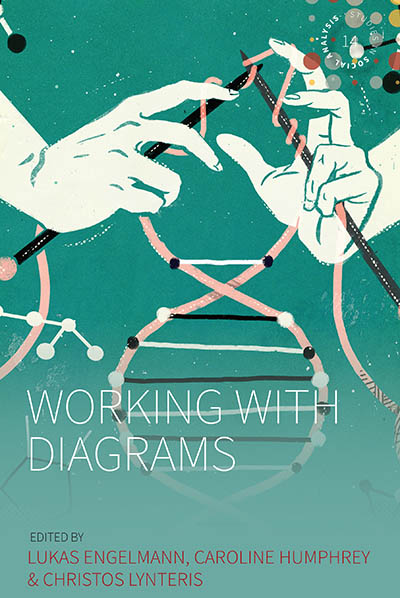 Published July 2022
Published July 2022 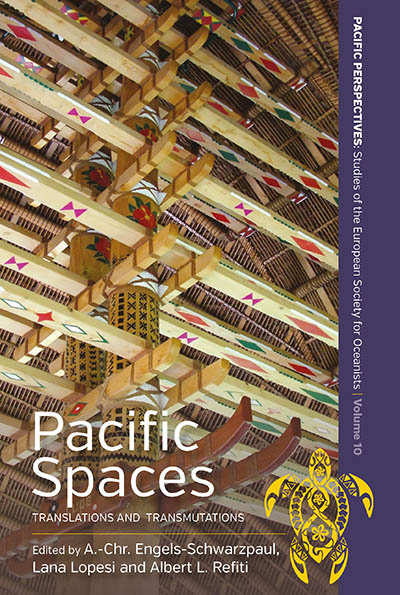 Published October 2022
Published October 2022 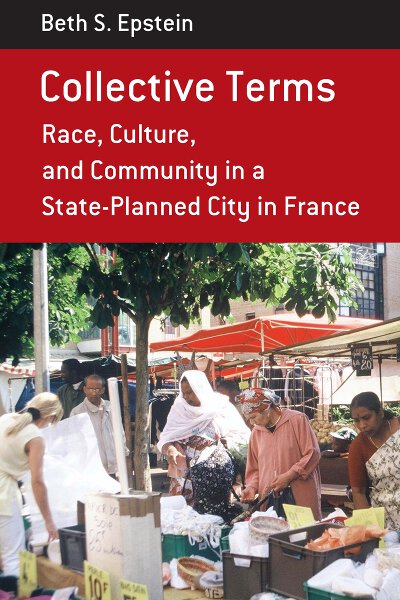 Published March 2011
Published March 2011 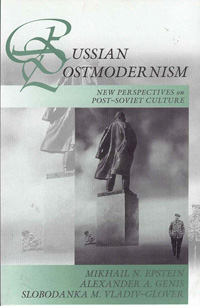 Published December 2015
Published December 2015  Published November 2017
Published November 2017 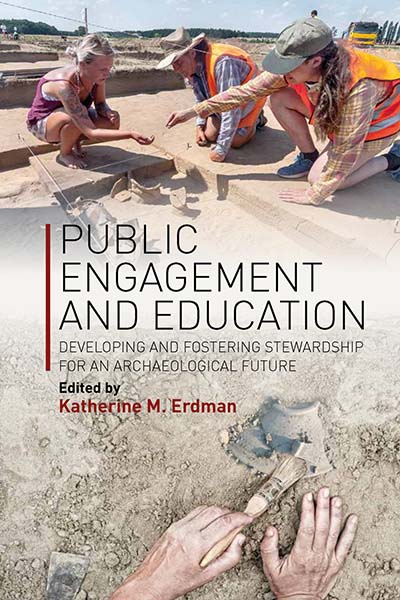 Published February 2019
Published February 2019 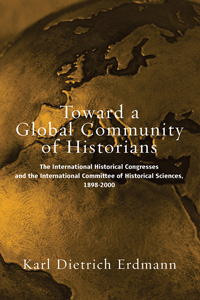 Published June 2005
Published June 2005 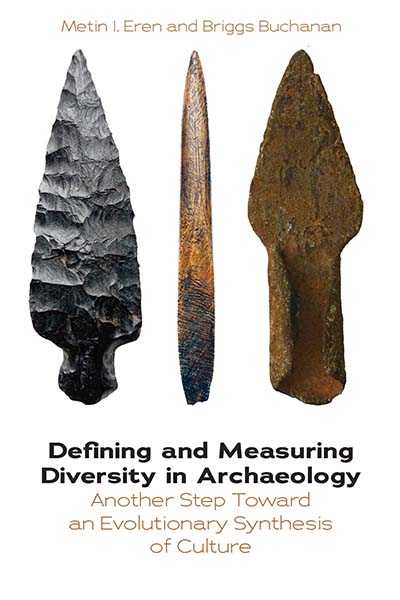 Published August 2022
Published August 2022 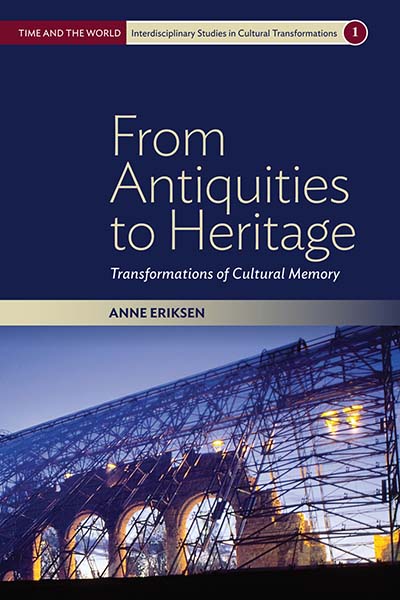 Published May 2014
Published May 2014 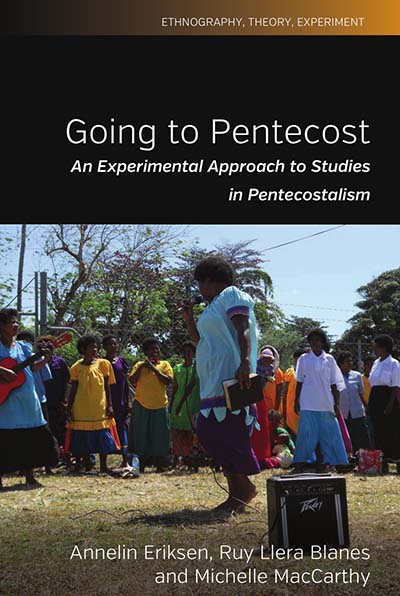 Published February 2019
Published February 2019 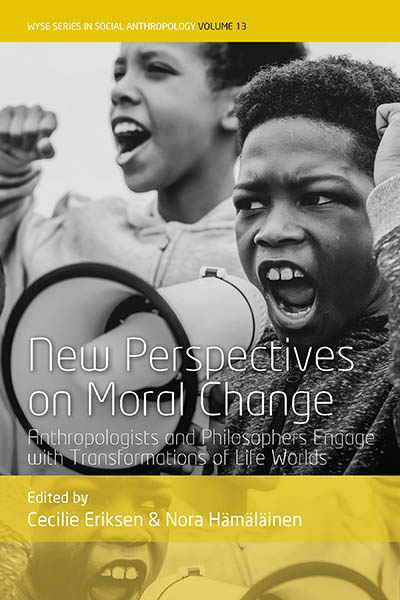 Published August 2022
Published August 2022 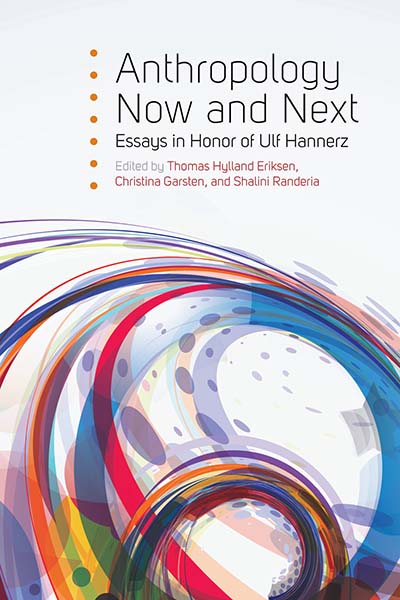 Published October 2014
Published October 2014 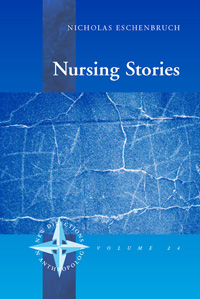 Published December 2006
Published December 2006 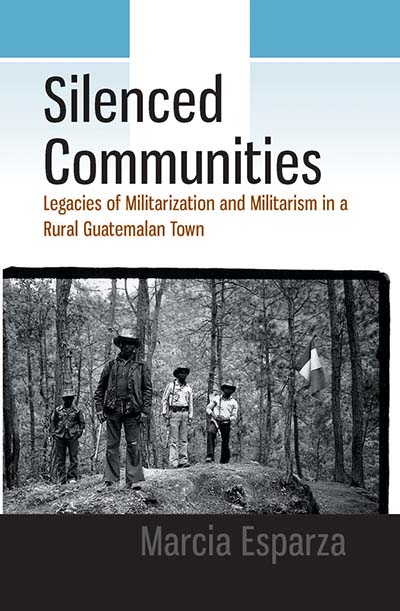 Published October 2017
Published October 2017 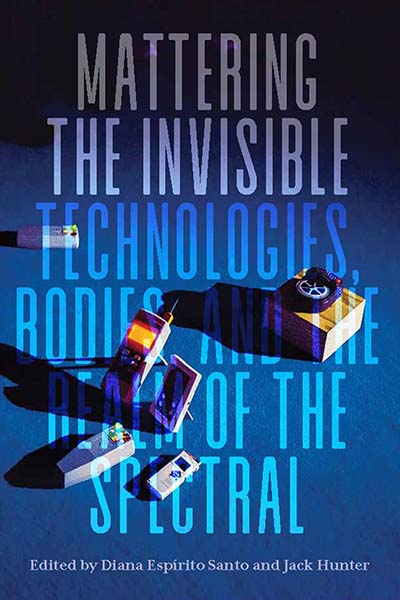 Published May 2021
Published May 2021 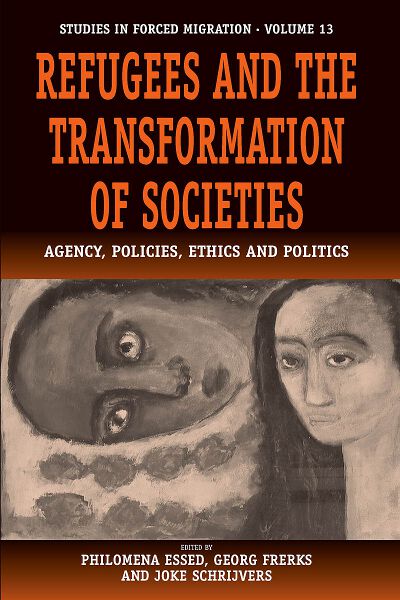 Published June 2004
Published June 2004 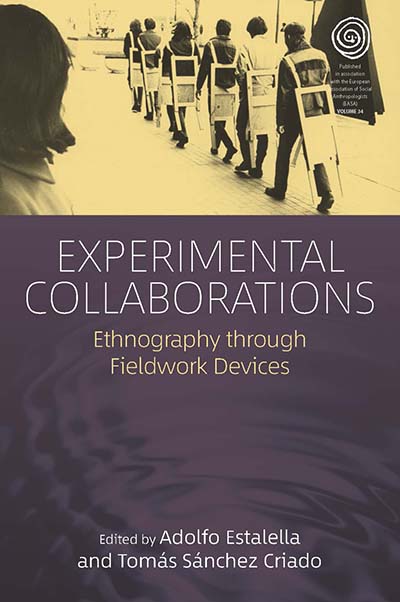 Published April 2018
Published April 2018 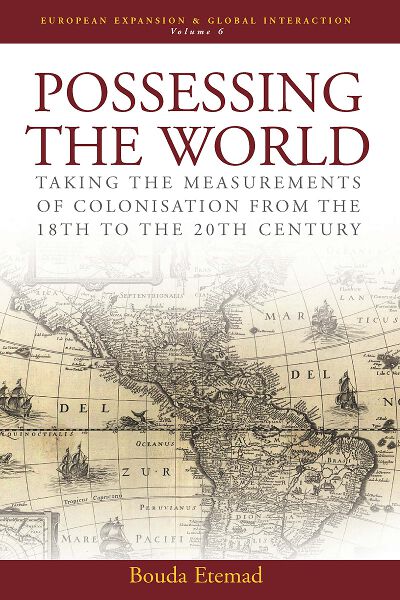 Published July 2007
Published July 2007 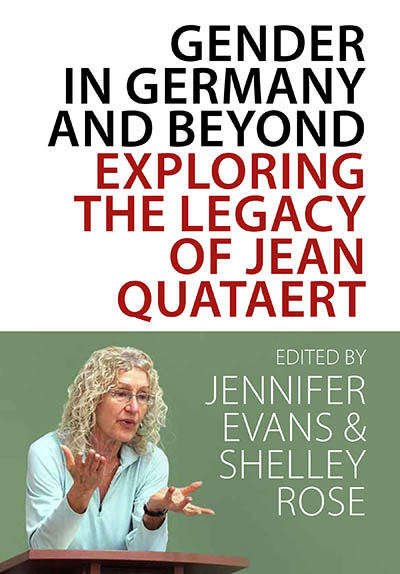 Published May 2023
Published May 2023 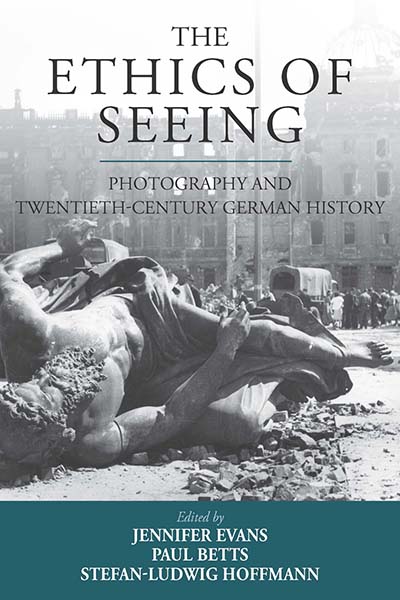 Published January 2018
Published January 2018  Published May 1996
Published May 1996 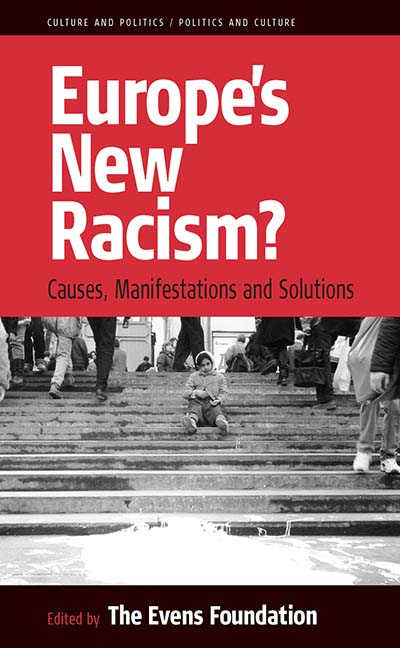 Published June 2002
Published June 2002 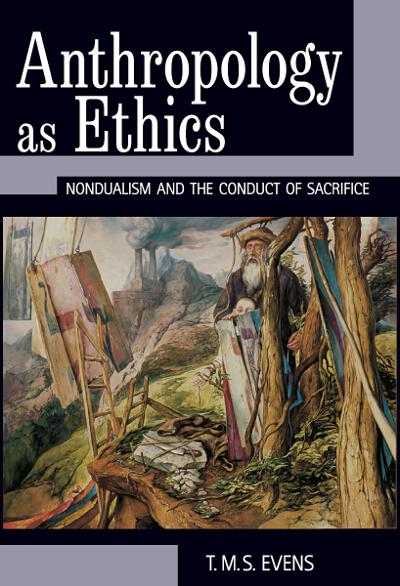 Published May 2008
Published May 2008 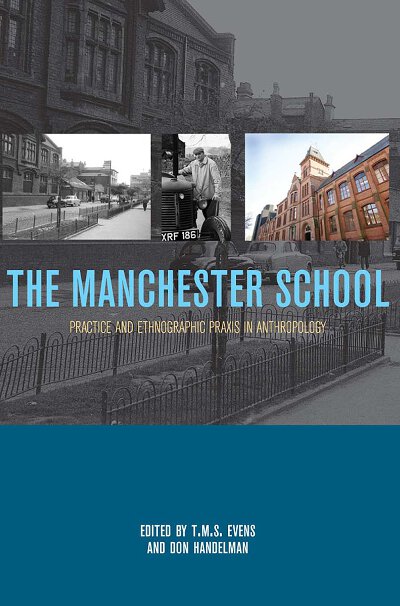 Published September 2006
Published September 2006 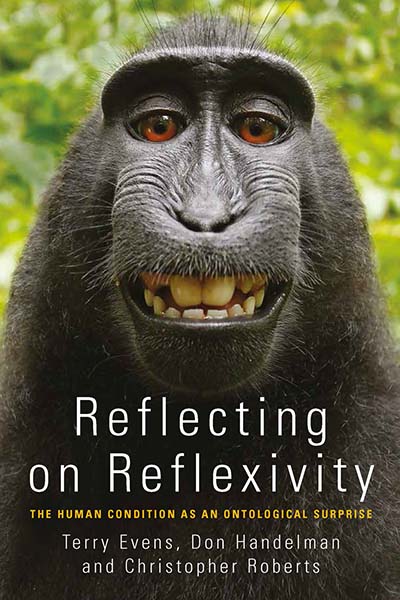 Published March 2016
Published March 2016  Forthcoming April 2026
Forthcoming April 2026 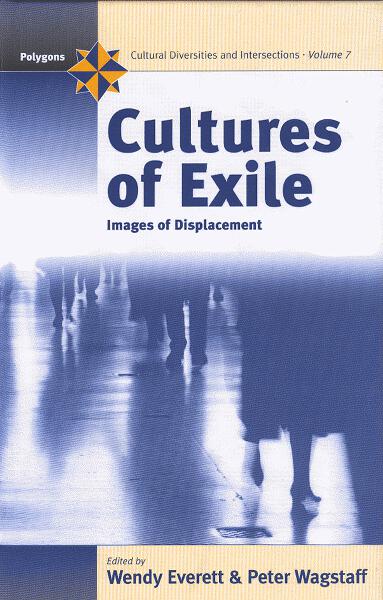 Published April 2004
Published April 2004 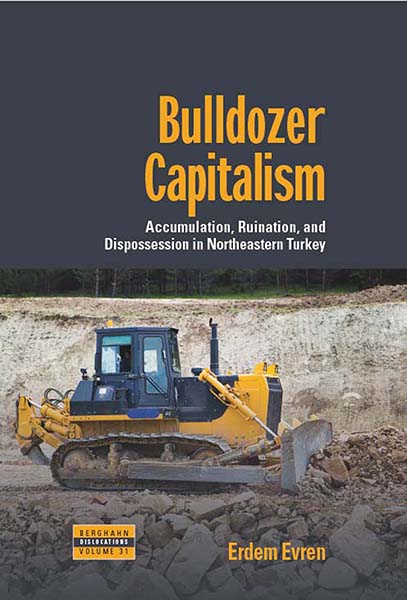 Published May 2022
Published May 2022 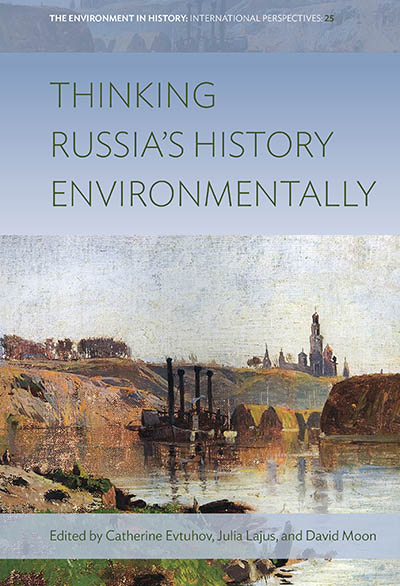 Published July 2023
Published July 2023 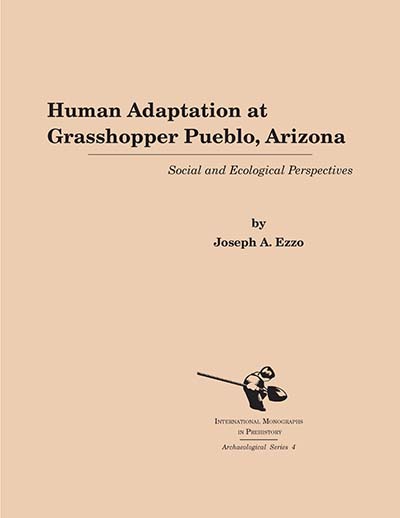 Published December 1993
Published December 1993